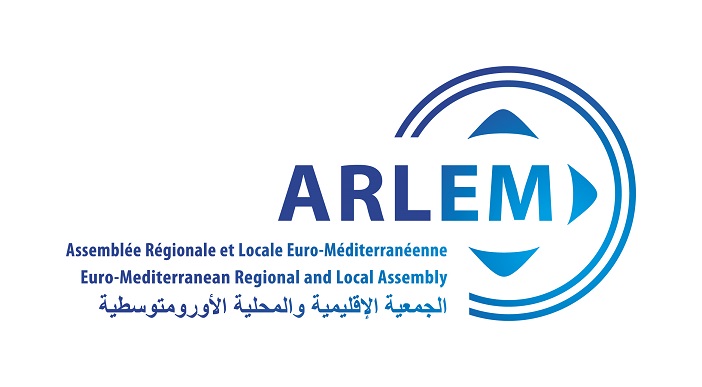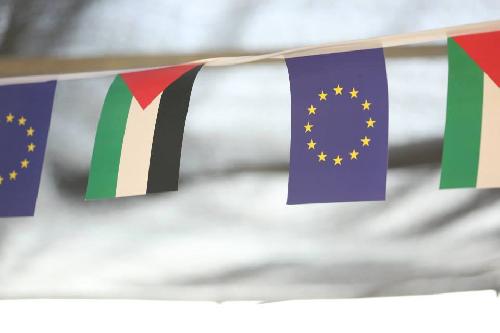ETF: Labour market policies look beyond the pandemic

Trends and innovations in post-pandemic labour market interventions were the focus of last week’s LearningConnect session, which was broadcast live on Facebook, LinkedIn and YouTube. The discussion centred on ETF’s partner countries, a diverse group of nearly three dozen countries located near the European Union’s borders.
Speakers included Dajna Sorensen, the Albanian Deputy Minister of Finance and Economy, Cristina Mereuta, a Labour Market Specialist at the European Training Foundation, and Eamonn Davern, a Senior Labour Market Expert at the Fondazione Giacomo Brodolini. The session was moderated by the ETF’s Daria Santucci.
Viewers tuned in from Mexico, Palestine, Azerbaijan, Algeria, Kosovo, India, Italy, Portugal and France to hear how labour market policies and the post-pandemic economic recovery are expected to influence each other.
All three speakers emphasised how the crisis compelled labour market policies to adapt quickly. While summarising findings from two studies on innovations and effectiveness in labour market interventions during the COVID-19 crisis, Mereuta explains that “most of the ETF partner countries invested heavily in job protection, in support to businesses and in economic stabilisation”. Since the upskilling dimension is crucial to digitalisation, if it had not been addressed there would have be cause for concern. However, the pandemic imposed the switch to digital as a new, socially distanced and sanitary way of working that is primed to become the new normal. We will not “go back to pre-pandemic times,’ Mereuta said.
Finally, training provisions need to be looked at. The post-pandemic context will witness the rise of ‘disrupted millennials.’ A new generation of labour laws will have to address the urgent issue of youth unemployment, especially NEETs (Not in Education, Employment or Training). Fortunately, youth organisations have stepped in to help, but governments will still need to do their part. For this to happen, they need affordable solutions and optimised funding sources.
Read more




























 Syria
Syria 





